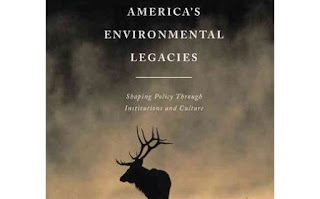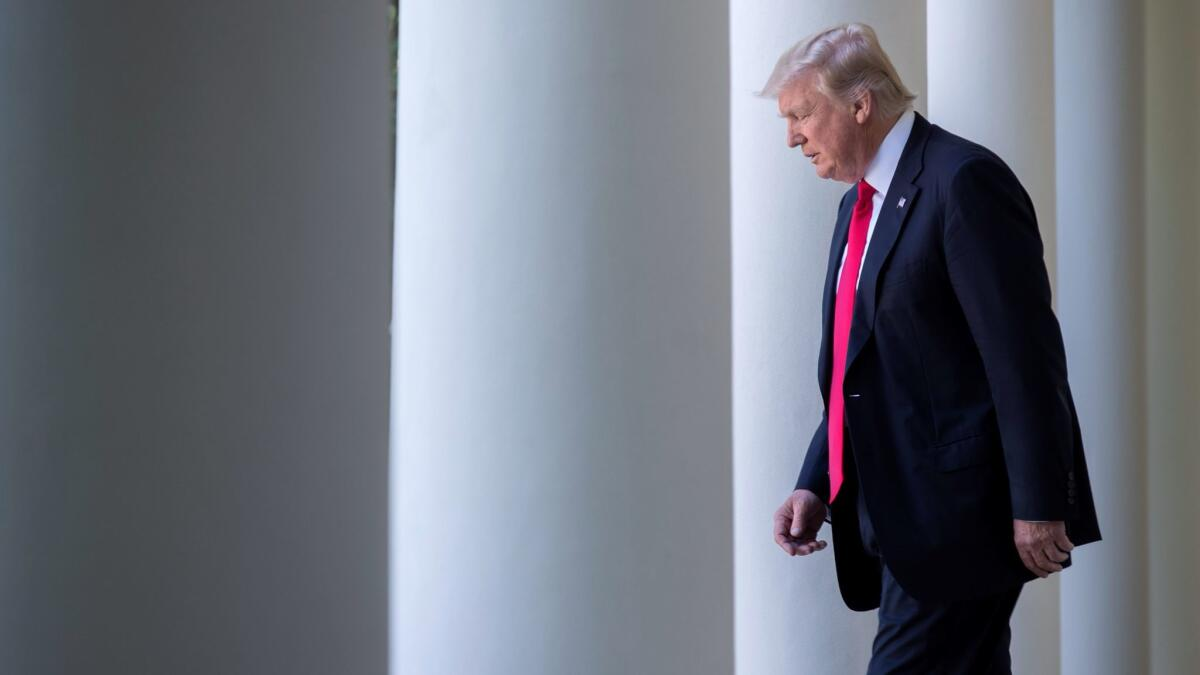Jefferson vs the Growth Economy
Just finished Franklin Kalinowski's recent book, America's Environmental Legacies: Shaping Policy Through Institutions and Culture. Lots of great stuff here for eco-theorists, Americanists, environmental historians, and historians of political thought.
The whole book has a no-punches-pulled feel, which makes it fun to read. Two strong claims made in the early chapters stood out particularly to me, mostly because so many environmentalists have avoided making them in recent decades.
The first claim is that limits to growth are very real. Kalinowski draws on the work of ecological economists, especially Herman Daly, to argue that the growth economy is a rolling ecological disaster that is doomed to fail. Kalinowski's straightforward engagement with this issue is a strong point of the book. Even as the politics of global warming have taken center stage globally, the larger question of the ecological (and ultimately entropic) unsustainability of an economic system premised on exponential growth still receives far too little attention, not only in mainstream political discourses, but even in environmental studies scholarship.
This inattention may be due to the fact that criticism of the growth economy has been conflated with neo-Malthusian jeremiads about population overshoot and collapse. These are practically related, but logically distinct issues. The population question, for its part, fell precipitously out of fashion after the 1970s, as soon as its draconian implications were made apparent. Kalinowski, however, does not hesitate to revive this issue either, arguing that the "demographic transition" seen in the developed West is given far too much credence in the optimistic projections of a leveling-off of global population in the next century.
Environmentalism has rebranded itself in the 21st century as a more optimistic mode of critique. Perhaps this is wise, but it comes with the danger of blithely ignoring more intractable issues like over-population and the skyrocketing entropic throughput of global capitalism. Environmentalists should welcome a renewal of both aspects of the limits to growth conversation, even if, for reasons that are both pragmatic and ethical, we give precedence to the economic question.
The second key claim is that "nature knows best,” and Kalinowski is equally unflinching here. Showing sympathies with deep ecology, he asserts flatly that wild Nature “should be the standard by which we judge both the propriety and the extent of our [interventions in the natural world].” And, “intervention by humans in [natural ecosystems] is much more likely to be harmful than beneficial.” (109) Here the book elides two decades of environmental theory questioning the very concept of “wild Nature,” which provided the normative underpinning for the American environmental movement of the 20th century. Some will see the lack of engagement with this literature as a major blind spot. Others may see a welcome dose of “real talk.” In either case, though, Kalinowski’s pragmatic upshot does not differ greatly from what is advocated by many post-natural environmental theorists. He suggests following the “precautionary principle,” whereby any significant interventions in the natural world is assumed to be ecologically harmful until shown otherwise. (110)
Kalinowski wants readers to fully face the radical implications of these premises. If growth is fundamentally unsustainable, and if economic activity is to be subject to the precautionary principle, capitalism as we know it must end, and one of the main tenets of liberalism: the right to private property and the right to engage in economic activities, which always entail some form of interaction with natural systems, must be curtailed. And if this freedom is to be significantly curtailed, some authority must curtail it.
The question becomes, who is going to exercise that authority? If you want to read an argument for why it should be Jeffersonian ward republicans, the book costs $135 from Palgrave.



Comments
Post a Comment